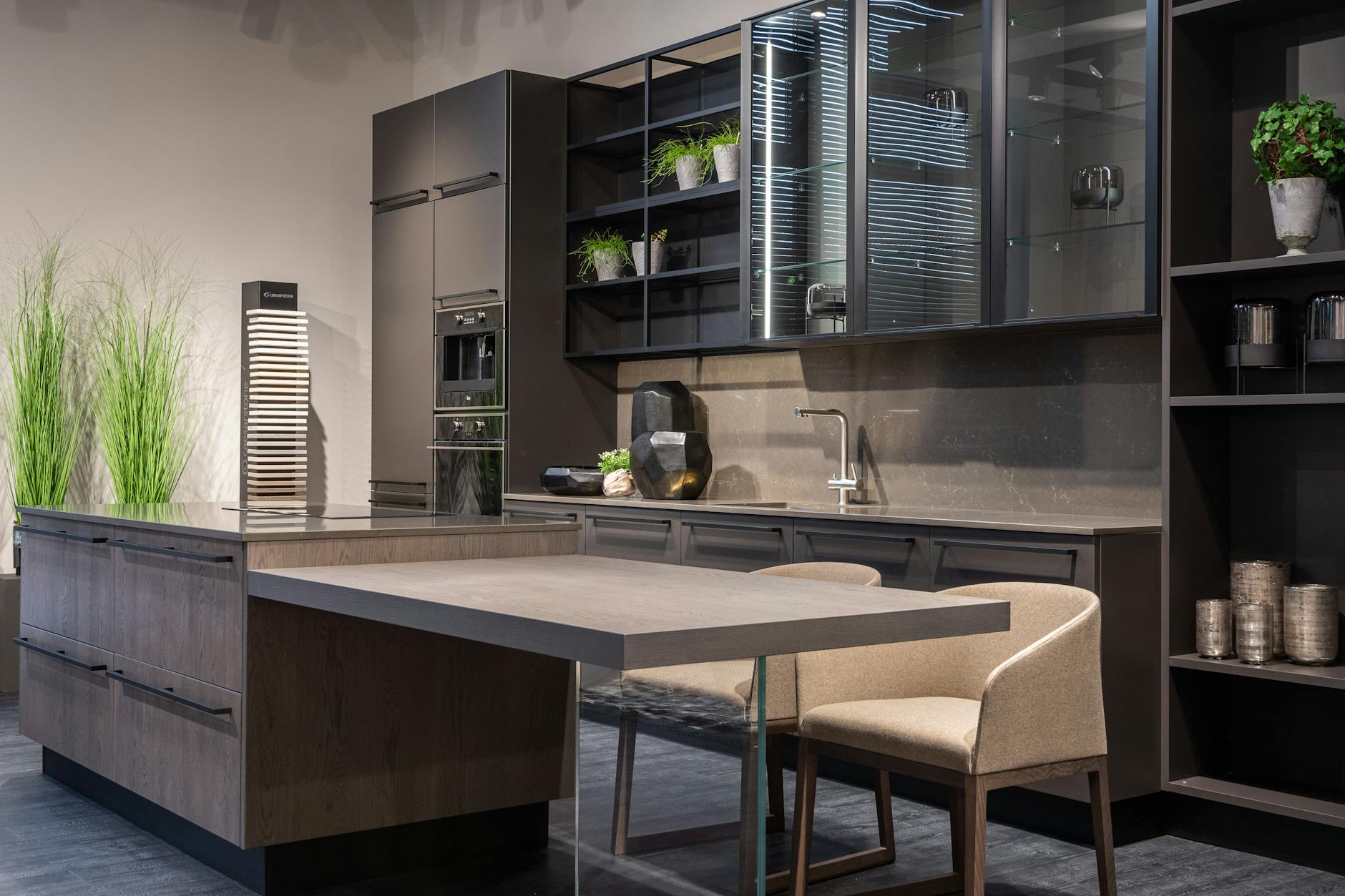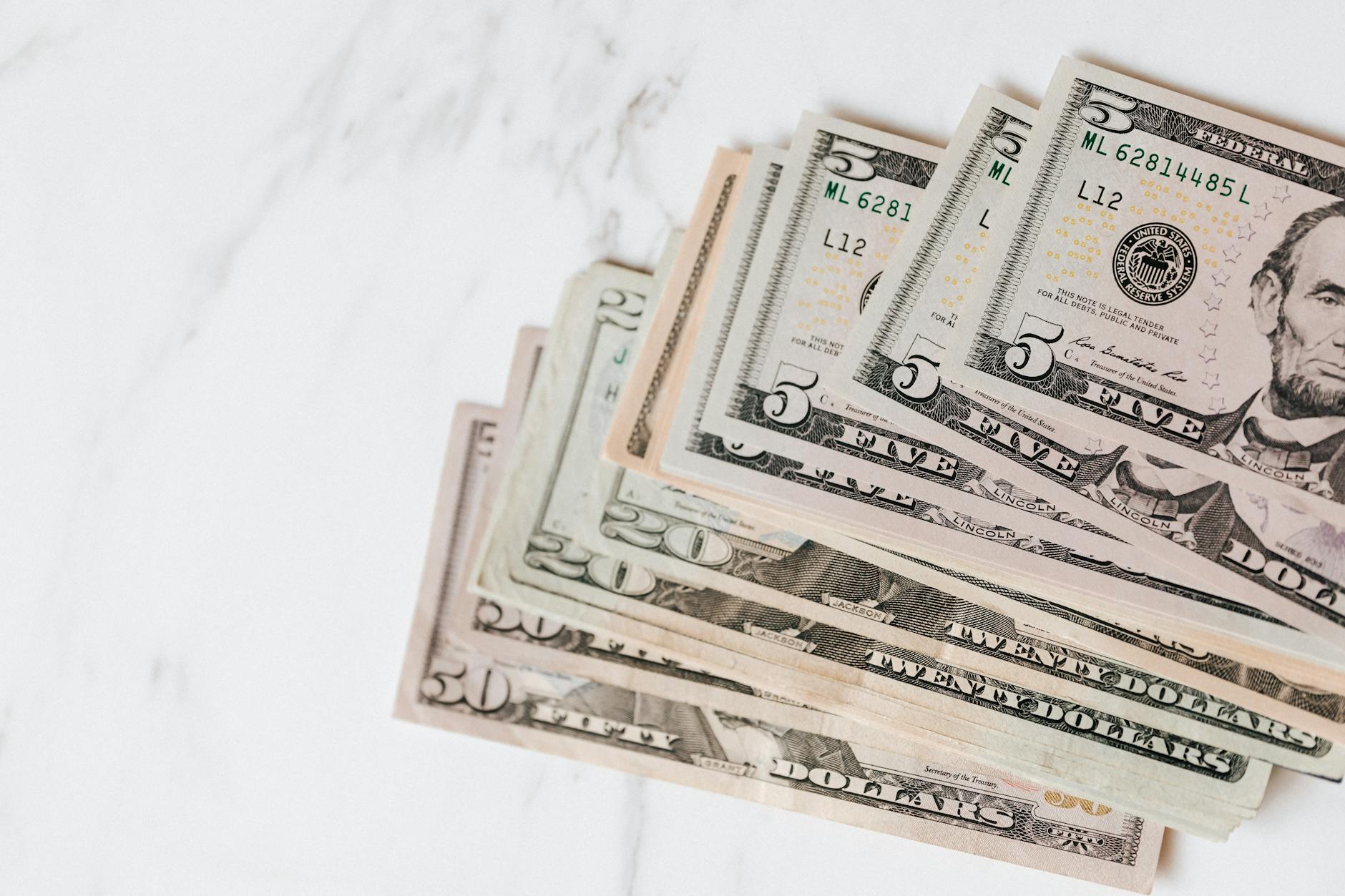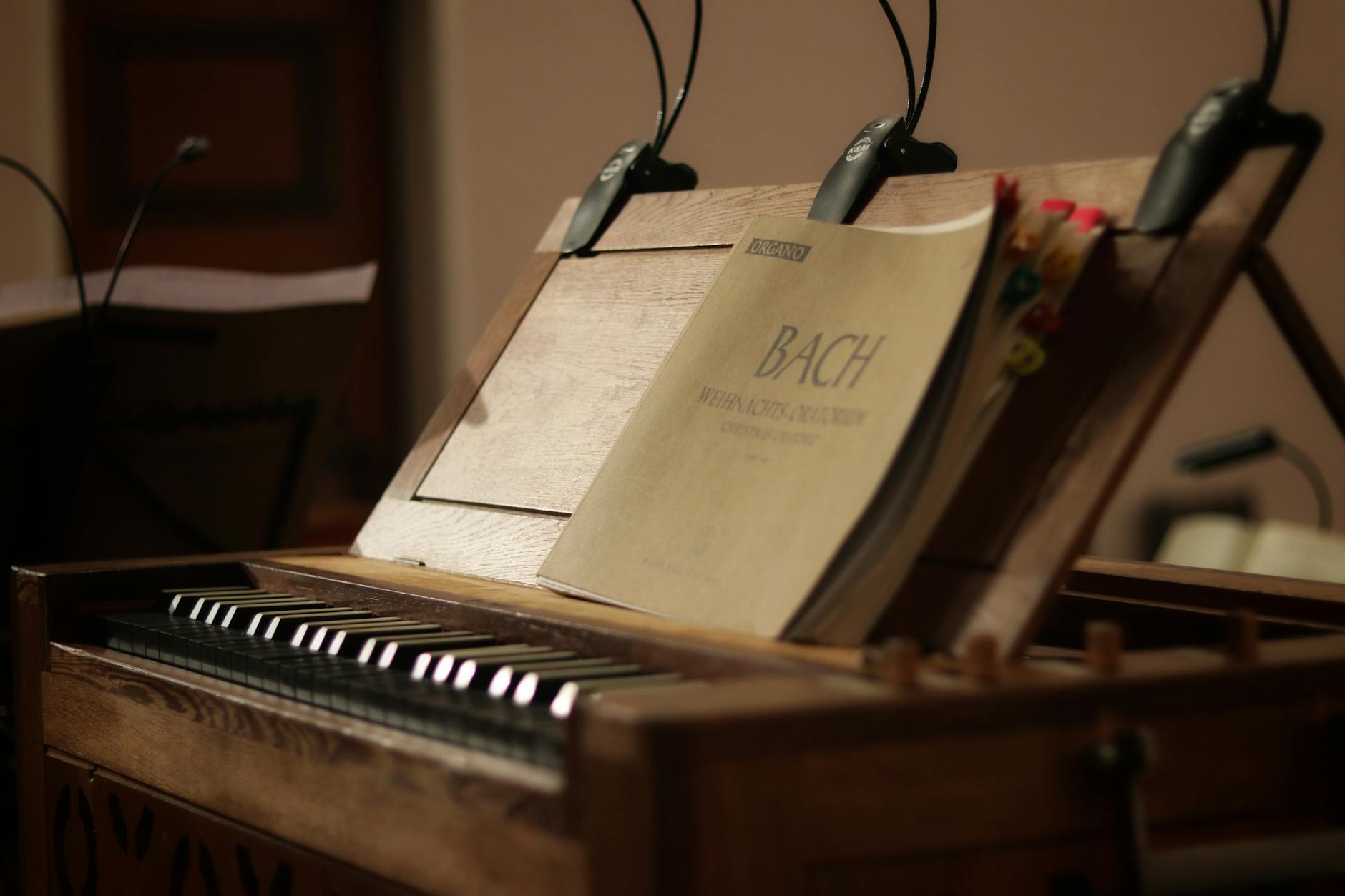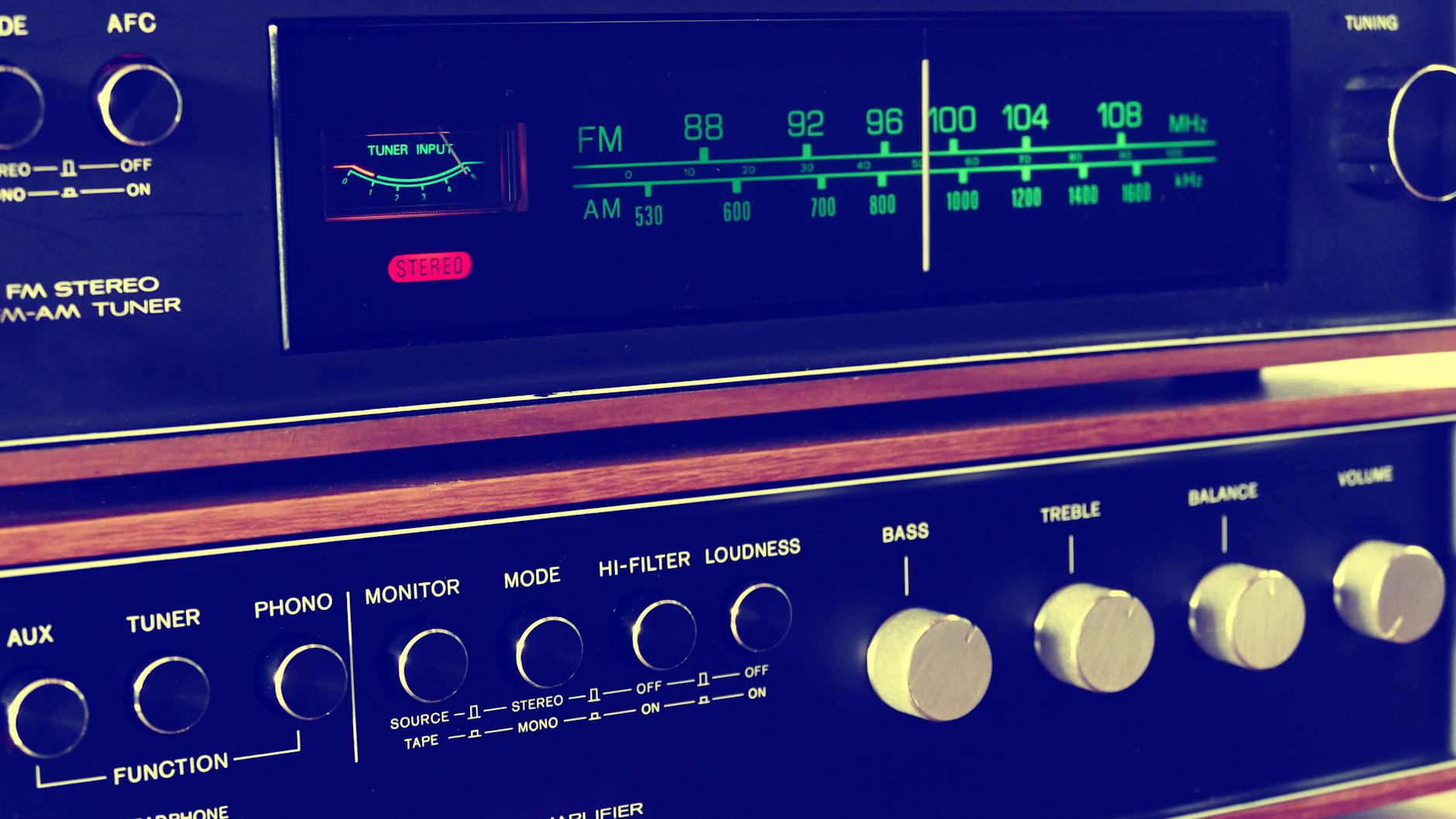Choosing between a piano and a keyboard can feel like a tough task. There’s no doubt that both instruments have their charm and can fill a room with beautiful music. But how do you decide which one is the best fit for you?
Let’s dive into the pros and cons of each. We’ll look at factors like cost, space, and sound quality. We’ll also consider the learning curve for beginners. By the end of this discussion, you’ll have the insights needed to make an informed decision. So buckle up for a musical journey as we explore the world of pianos and keyboards!
The Battle of the Instruments
Are you torn between choosing a piano or a keyboard? Don’t worry, you’re not alone! Many aspiring musicians face this decision when starting their musical journey. In this article, we’ll dive into the battle of the instruments and help you determine which one is right for you. Let’s explore the differences between pianos and keyboards, considering factors such as size and portability, sound quality, and cost considerations.
What’s the Difference?
When it comes to pianos and keyboards, the most apparent difference lies in their construction. Pianos are large, acoustic instruments that consist of strings and hammers, activated by pressing the keys. On the other hand, keyboards are electronic instruments that simulate the sound of various instruments, including pianos.
Size and Portability
 Sheet Music on Digital Piano (Photo by Tima Miroshnichenko)
Sheet Music on Digital Piano (Photo by Tima Miroshnichenko)
One significant advantage of keyboards is their compact size and portability. Keyboards are lightweight and often come with built-in speakers, allowing you to easily transport them wherever you go. Whether you’re performing at a gig or simply moving it around your home, keyboards offer convenience and mobility. On the contrary, pianos are heavy and require ample space, usually a dedicated room or corner in your home.
Sound Quality
When it comes to sound quality, pianos undoubtedly have the upper hand. The rich and resonant tones produced by acoustic pianos are unparalleled. Each note is unique, as the strings vibrate in response to the hammers striking them. This creates a depth and warmth that electronic keyboards strive to replicate. While keyboards can mimic piano sounds, they often lack the authenticity and nuances found in acoustic instruments.
Cost Considerations
 Shelves of Assorted Cake in a Bakeshop (Photo by Vo Thuy Tien)
Shelves of Assorted Cake in a Bakeshop (Photo by Vo Thuy Tien)
Now, let’s talk about the cost considerations. Pianos tend to be more expensive than keyboards. Acoustic pianos require intricate craftsmanship and high-quality materials, which contribute to their higher price tag. Additionally, regular maintenance and tuning are necessary to keep pianos in optimal condition. On the other hand, keyboards come in a wide range of prices, making them more accessible to beginners and those on a budget.
However, it’s important to note that investing in a piano is like investing in a timeless piece of art. Pianos hold their value over time and can even appreciate in value if well-maintained. They become cherished family heirlooms and can bring joy to generations.
Conclusion
In the battle of the instruments, both pianos and keyboards have their pros and cons. While pianos boast exceptional sound quality and long-term value, keyboards offer portability and versatility. Ultimately, your decision should be based on your personal preferences, budget, and goals as a musician.
So, are you ready to make your choice? Whichever instrument you choose, remember that the most important thing is to enjoy the journey and let the music guide you. Happy playing!
Related Websites:
Piano vs. Keyboard: Which One is Right for You?
Pros and Cons of Owning a Piano
When it comes to choosing between a piano and a keyboard, there are a few factors to consider. In this section, we will explore the pros and cons of owning a piano to help you make an informed decision.
The Classic Charm of a Piano
 Black and white of old interior of passage under stone bridge with railing and brick columns (Photo by Charlotte May)
Black and white of old interior of passage under stone bridge with railing and brick columns (Photo by Charlotte May)
There’s something undeniably charming about a piano. The elegant design, the polished wood, and the timeless appeal make it a centerpiece in any room. Owning a piano adds a touch of sophistication and class to your home decor.
Not only is a piano visually appealing, but it also offers a unique playing experience. The weight and responsiveness of the keys, the rich sound that resonates through the room – all of these elements come together to create a truly immersive musical journey.
The Space and Maintenance Challenges
 Modern trendy kitchen interior with dark cabinets and counter in spacious contemporary flat (Photo by Max Rahubovskiy)
Modern trendy kitchen interior with dark cabinets and counter in spacious contemporary flat (Photo by Max Rahubovskiy)
One of the drawbacks of owning a piano is the space it requires. Pianos are large and can take up a significant amount of room in your home. If you have limited space, this could be a major consideration.
Additionally, pianos require regular maintenance to keep them in optimal condition. Tuning, repairs, and occasional servicing are necessary to ensure that your piano continues to produce the best possible sound. These maintenance tasks can be time-consuming and may require professional help.
The Expensive Price Tag
 Different dollar bills on marble surface (Photo by Karolina Grabowska)
Different dollar bills on marble surface (Photo by Karolina Grabowska)
Pianos are known for their hefty price tags. Purchasing a new piano can be a significant financial investment, and even used pianos can still be quite pricey. If you’re on a tight budget, a piano may not be the most feasible option.
However, it’s important to note that pianos hold their value well and can even appreciate over time. So, if you decide to invest in a piano, you can have peace of mind knowing that it is not only a beautiful instrument but also a valuable asset.
In conclusion, owning a piano comes with its own set of pros and cons. The classic charm, the immersive playing experience, and the long-term value make it an attractive choice for many. However, the space requirements and the expensive price tag can be deterrents for some. It ultimately boils down to your personal preferences, available space, and budget.
So, if you’re ready to bring the elegance and timeless appeal of a piano into your life, start exploring your options today. Happy piano hunting!
Stay tuned for the next section: “The Versatility of a Keyboard.”
Pros and Cons of Owning a Keyboard
The Convenience and Portability
 Brown Booklet in a Brown Wooden Piano Close-up Photography (Photo by Aramis Cartam)
Brown Booklet in a Brown Wooden Piano Close-up Photography (Photo by Aramis Cartam)
If you’re someone who is always on the go or has limited space in your home, owning a keyboard can be a game-changer. Unlike a traditional piano, keyboards are lightweight and portable, making them easy to carry around. Whether you’re a musician who loves to perform at different venues or simply want the flexibility to practice wherever you go, a keyboard offers unmatched convenience.
Not only are keyboards easy to transport, but they also take up less space in your home. If you live in a small apartment or don’t have a dedicated music room, a keyboard can be the perfect solution. It can be easily stored away when not in use, saving you precious space in your living area.
The Wide Range of Features
 Grey and Black Transistor Radio (Photo by Anthony 📷📹🙂)
Grey and Black Transistor Radio (Photo by Anthony 📷📹🙂)
One of the major advantages of owning a keyboard is the wide range of features it offers. Keyboards are equipped with numerous buttons, knobs, and sliders that allow you to experiment and create unique sounds. Whether you’re into classical music, jazz, or electronic genres, a keyboard provides you with the flexibility to explore different tones and styles.
Moreover, keyboards often come with built-in rhythm patterns, backing tracks, and recording capabilities. This means you can play along with a band-like accompaniment or record your compositions directly on the keyboard. It’s like having a full-fledged music production studio at your fingertips.
The Artificial Sound
 Close-up of Sound Waves on a Computer Screen (Photo by Jerson Vargas)
Close-up of Sound Waves on a Computer Screen (Photo by Jerson Vargas)
While some may argue that nothing beats the authentic sound of a grand piano, keyboards offer their own unique advantage in terms of sound. Keyboards produce digital sound, which can be advantageous in certain situations. For instance, if you’re performing in a band or a live setting, the artificial sound of a keyboard can cut through the mix more effectively, ensuring that your music is heard clearly.
Additionally, keyboards allow you to experiment with different sounds and effects. From synthesizers to electric pianos, you can recreate a wide range of sounds that may not be possible with a traditional piano. This versatility opens up endless possibilities for your musical creativity.
In conclusion, owning a keyboard comes with its fair share of benefits. The convenience and portability make it a practical choice for those with a busy lifestyle or limited space. The wide range of features allows for exploration and experimentation, and the artificial sound offers its own unique advantages. Whether you’re a beginner or an experienced musician, a keyboard can be a valuable addition to your musical journey. So, why not give it a try and see where your creativity takes you?
Related Websites:
Which Instrument Suits Your Needs?
Are you torn between the classic elegance of a piano and the modern convenience of a keyboard? Choosing the right instrument can be a daunting task, especially if you’re a beginner or unsure of your musical goals. But fear not, because in this section, we will explore the different scenarios where a piano or a keyboard might be the perfect fit for you. So let’s dive in and find out which instrument suits your needs!
For Aspiring Pianists
If you have always dreamed of becoming a virtuoso pianist, then a piano is undoubtedly the instrument for you. The rich, resonant tones that emanate from the ivory keys of a piano have captivated audiences for centuries. Owning a piano will not only provide you with a beautiful instrument but also a centerpiece for your home.
To fully immerse yourself in the world of piano, consider investing in an acoustic piano. The touch and feel of the keys, the vibrations of the strings, and the responsiveness of the pedals all contribute to a truly authentic playing experience. Acoustic pianos require regular tuning and maintenance, but the rewards of owning one far outweigh the effort involved.
For those with limited space or budget, a digital piano can be a suitable alternative. Digital pianos offer a wide range of features such as adjustable sound settings, headphone outputs for silent practice, and even recording capabilities. While they may not replicate the exact feel of an acoustic piano, they come close enough to satisfy most aspiring pianists.
 Back View Photo of a Man Playing a Black Grand Piano (Photo by Ludwig Kwan)
Back View Photo of a Man Playing a Black Grand Piano (Photo by Ludwig Kwan)
For Beginners and Casual Players
If you’re just starting your musical journey or simply enjoy playing the piano casually, a keyboard might be the perfect choice for you. Keyboards are lightweight, portable, and often come with a variety of built-in sounds and rhythms. They are also more affordable than pianos, making them an attractive option for beginners.
When choosing a keyboard, look for one with touch-sensitive keys. This feature allows the keyboard to respond to the force with which you strike the keys, mimicking the feel of a piano. Additionally, consider a keyboard with a built-in learning system or tutorial functions, which can be extremely helpful for beginners.
While keyboards may not offer the same depth and richness of sound as a piano, they make up for it with their versatility. You can experiment with different instrumental sounds, play along with backing tracks, and even connect your keyboard to a computer for music production purposes. The possibilities are endless!
For Travelers and Digital Enthusiasts
If you’re constantly on the move or enjoy exploring the world of digital music, a portable keyboard is the perfect companion for you. These compact instruments are designed with mobility in mind, making them ideal for musicians who like to perform or practice on the go.
Portable keyboards often come with a range of features such as battery operation, MIDI connectivity, and a variety of built-in sounds and effects. Some models even include touch-sensitive keys and weighted action, providing a more authentic piano-playing experience. Whether you’re composing music in a hotel room or jamming with friends at a beach bonfire, a portable keyboard allows you to unleash your creativity wherever you are.
 Person Using a Smartphone (Photo by cottonbro studio)
Person Using a Smartphone (Photo by cottonbro studio)
Remember, the choice between a piano and a keyboard ultimately depends on your musical aspirations, lifestyle, and budget. Whether you’re an aspiring pianist, a beginner looking to learn the ropes, or a digital enthusiast craving versatility, there is an instrument out there that suits your needs perfectly.
So go ahead, explore the world of music, and let the piano or keyboard be your gateway to limitless artistic expression!
Disclaimer: The images used in this article are for illustrative purposes only and do not represent any specific brand or model of instrument.
Conclusion
In conclusion, when it comes to choosing between a piano and a keyboard, there is no one-size-fits-all answer. Both instruments have their own unique advantages and it ultimately boils down to personal preference and individual needs.
If you are a serious musician looking for a rich and authentic sound, and have the space and budget for it, a piano might be the perfect fit for you. The touch and feel of the keys, along with the depth and resonance of the sound, can truly elevate your musical experience.
On the other hand, if you are a beginner or someone who values versatility and portability, a keyboard can be a fantastic choice. With a wide range of sounds and built-in features, keyboards offer flexibility and convenience, making them great for exploring different musical styles and experimenting with various sounds.
Ultimately, the decision between a piano and a keyboard hinges on your musical goals, budget, space availability, and personal preferences. It’s important to weigh the pros and cons of each instrument and choose the one that aligns with your needs and aspirations.
Remember, whether you go for the timeless elegance of a piano or the modern versatility of a keyboard, the most important thing is to have fun and enjoy the music-making process. So let the music guide you, and may your musical journey be filled with joy and harmony!
